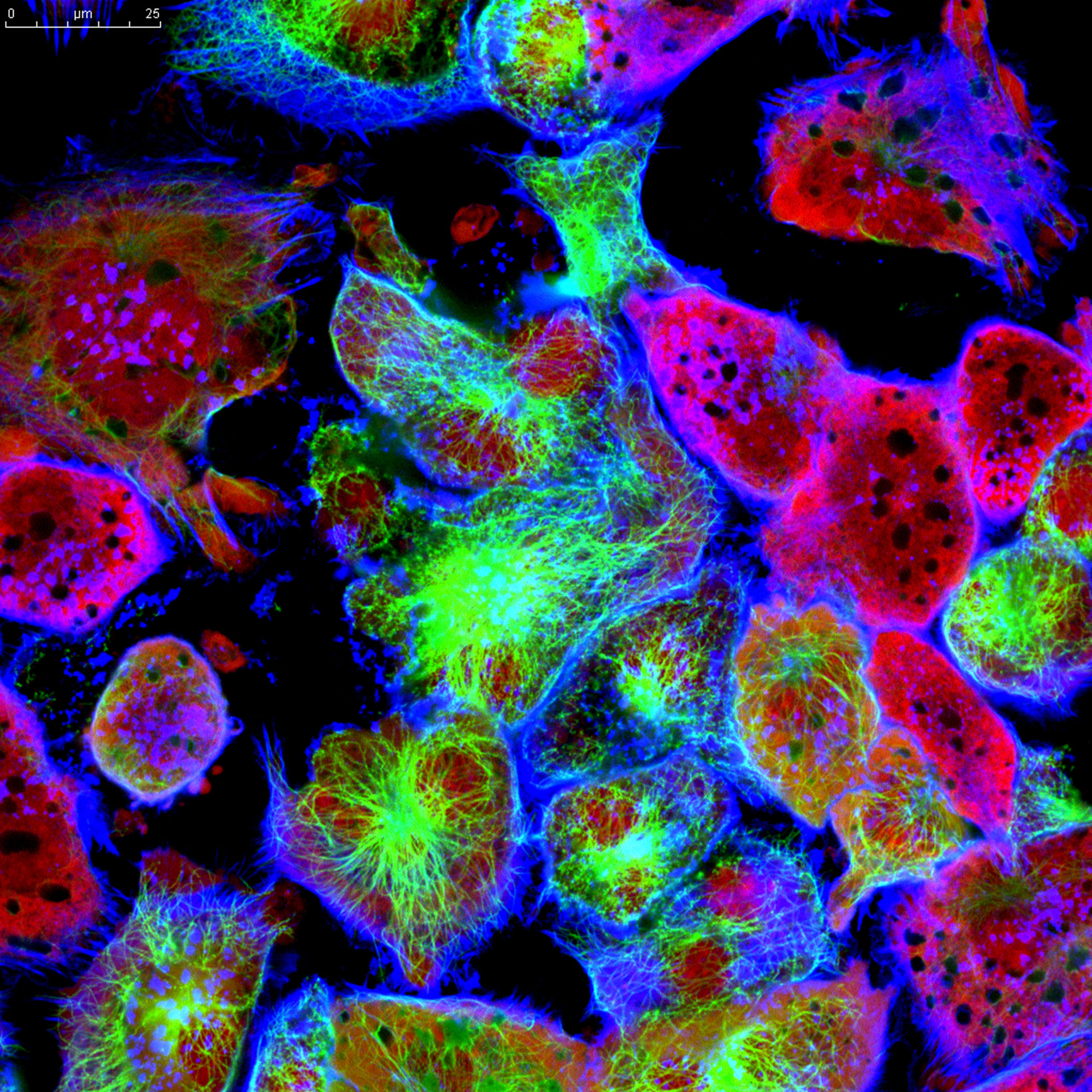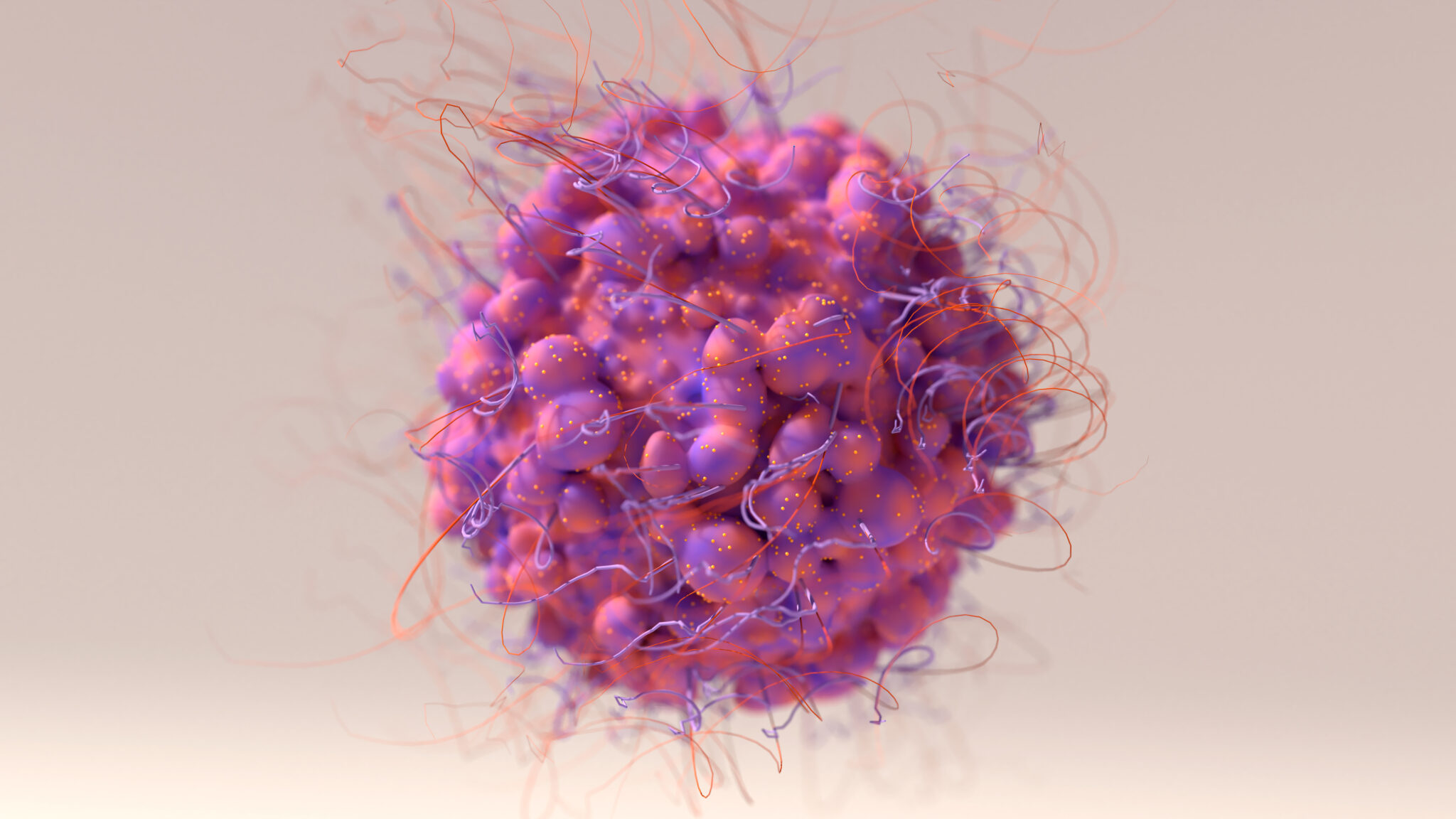Researchers of the phase 3 CheckMate 67T trial revealed significant findings for patients with advanced or metastatic clear cell renal cell carcinoma. The trial compared a subcutaneous formulation of nivolumab to the standard intravenous formulation and found the former to be noninferior. This was determined based on pharmacokinetic endpoints and secondary efficacy endpoints, including the overall response rate. The subcutaneous nivolumab, which takes 5 minutes or less to administer, as opposed to more than 30 minutes for the intravenous form, offers potential benefits like reduced treatment burden, increased healthcare efficiency, and improved access to care.
The study involved patients who had received one or two prior systemic regimens, randomly assigned to receive either subcutaneous or intravenous nivolumab. Results showed noninferiority for subcutaneous nivolumab in terms of serum concentration, objective response rate, time to response, and median progression-free survival. The findings suggest that subcutaneous nivolumab could be a new standard for treating this patient population, offering comparable efficacy and safety with added practical advantages.
Reference: Goodman A. Subcutaneous vs Intravenous Nivolumab in Advanced Clear Cell RCC. The ASCO Post. Updated January 30, 2024. Accessed March 5, 2024. https://ascopost.com/news/january-2024/subcutaneous-vs-intravenous-nivolumab-in-advanced-clear-cell-rcc/









